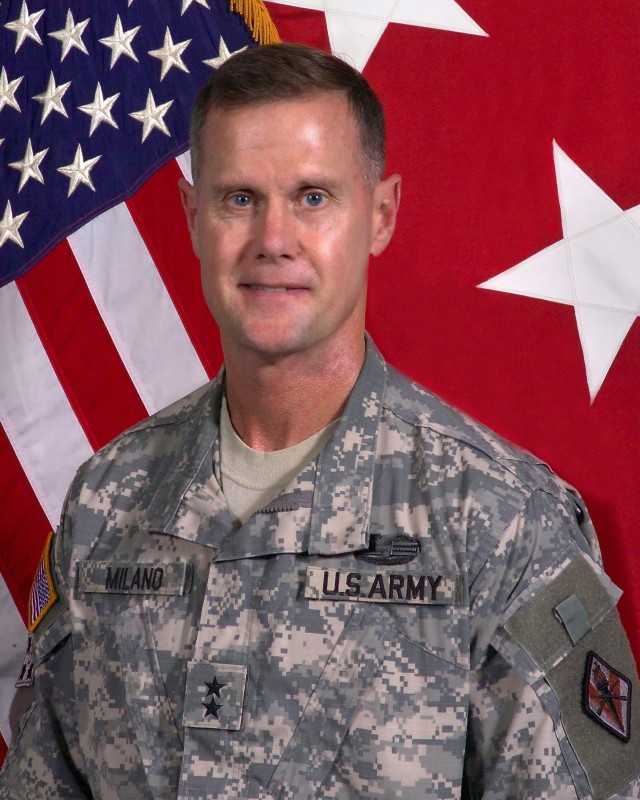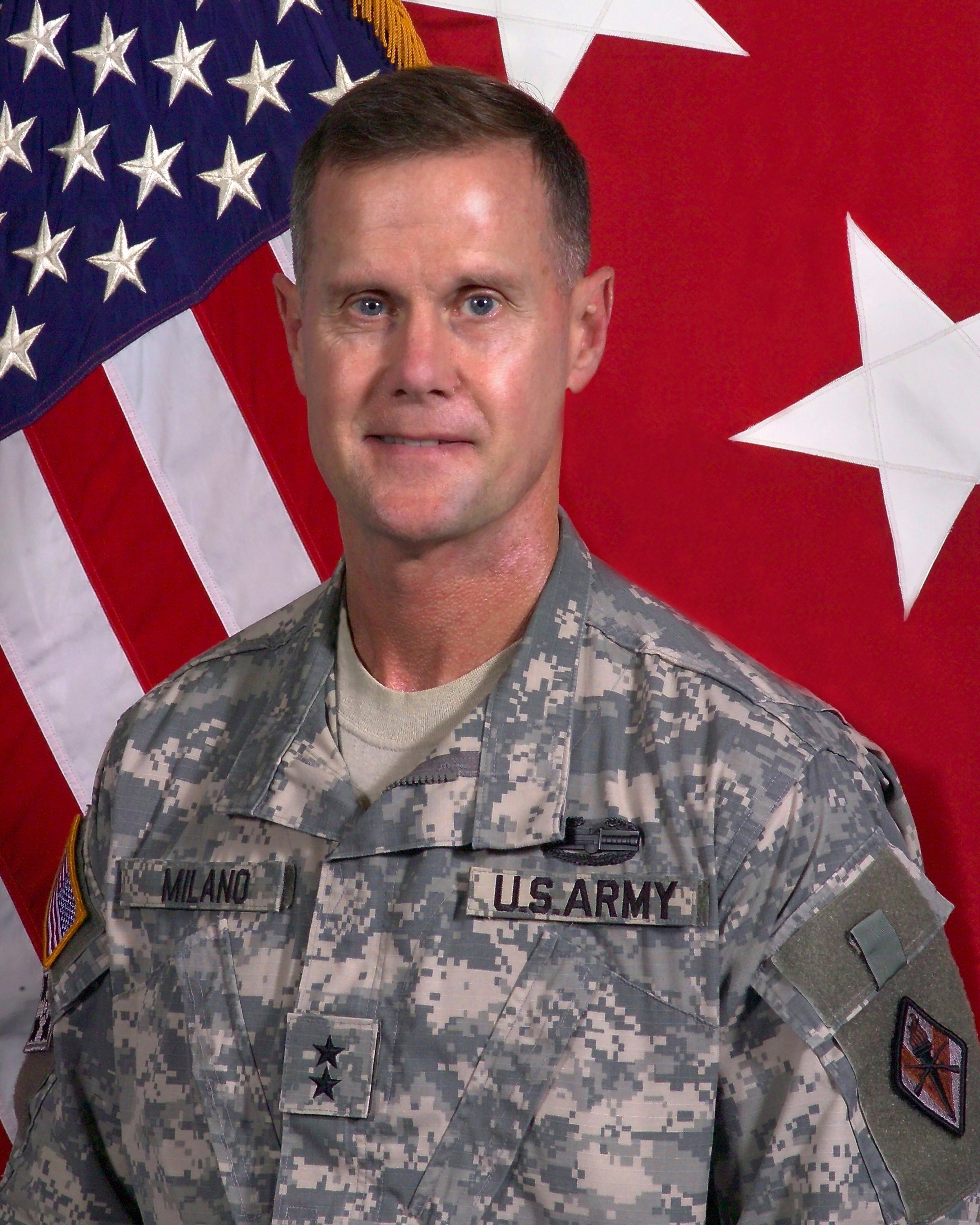FORT JACKSON, S.C. -- I recently ordered a command climate survey that included all of the Army Training Center brigades and the Drill Sergeant School. I felt that it was important that we take the post's pulse, so I tasked our Equal Opportunity staff to conduct the survey. We received the results back earlier this month.
Overall, the survey produced some very positive and satisfying results, but we still need some work in a few areas. Climate surveys are a requirement at the company level. Any command climate survey conducted above the company level is an option.
The EO staff did an excellent job in carrying out this mission. It was a challenge, gathering results in such a way that they could be easily managed and the data made meaningful. The survey was conducted Sept. 3 through Sept. 27 and involved a great deal of cooperation across the post.
I not only commend EO staff members, but I also thank the more than 2,000 participants in the survey. The group included junior and senior enlisted Soldiers, junior and senior officers, and a number of civilians. All participants were asked to answer 65 base questions and then 10 additional questions that I added to the survey.
The top five findings in the survey are:
-There is a positive EO climate across the installation.
- Racism and discrimination are not prevalent.
- Overall job satisfaction regarding our mission is very high.
- Fort Jackson's statistics are in line with the Army's numbers. We are on track and where we should be.
- The possibility of an individual expressing negative EO behavior is very minimal, while the possibility of someone expressing positive EO behavior is very probable.
Nevertheless, there is an area in which we need some work: We need to communicate better. In any excellent military organization, effective communication is essential to mission accomplishment. Sometimes, a slight communications disconnect between two Soldiers can trigger much larger issues. Misunderstandings generally occur due to a failure to listen.
Sometimes the problem stems from how the information is being delivered or how it is perceived. Sometimes it's all of these reasons and more. There are an infinite number of reasons why communication misfires occur.
Moreover, if left unchecked, these things often grow into larger issues that only impede our progress and mission success.
Leaders, use your "radar" to detect these types of things and stress that communications problems are addressed immediately and at the lowest possible level. In other words, when you see a problem, take care of it. It is imperative that we pay attention in the way we communicate with one another.
This should be one of our main goals.
Overall, I am very pleased with the results of the survey. Brigade commanders and command sergeants major are currently being briefed on the climate survey's results. I will conduct a follow-up survey down the road to compare it with this and note our improvements as we move forward.
One last point: I realize that sometimes there is a reluctance or ambivalence surrounding participation in surveys. The common perception is that we rarely do anything with the surveys we execute, nor do we ever release the results, and nothing is corrected. That is not the case here - we value Soldier input.
Soldiers need to realize that their opinions are valued and their feelings count. I can assure you that this climate survey has not fallen on deaf ears. I have been briefed and my hearing is excellent.
Army Strong and Victory Starts Here!


Social Sharing